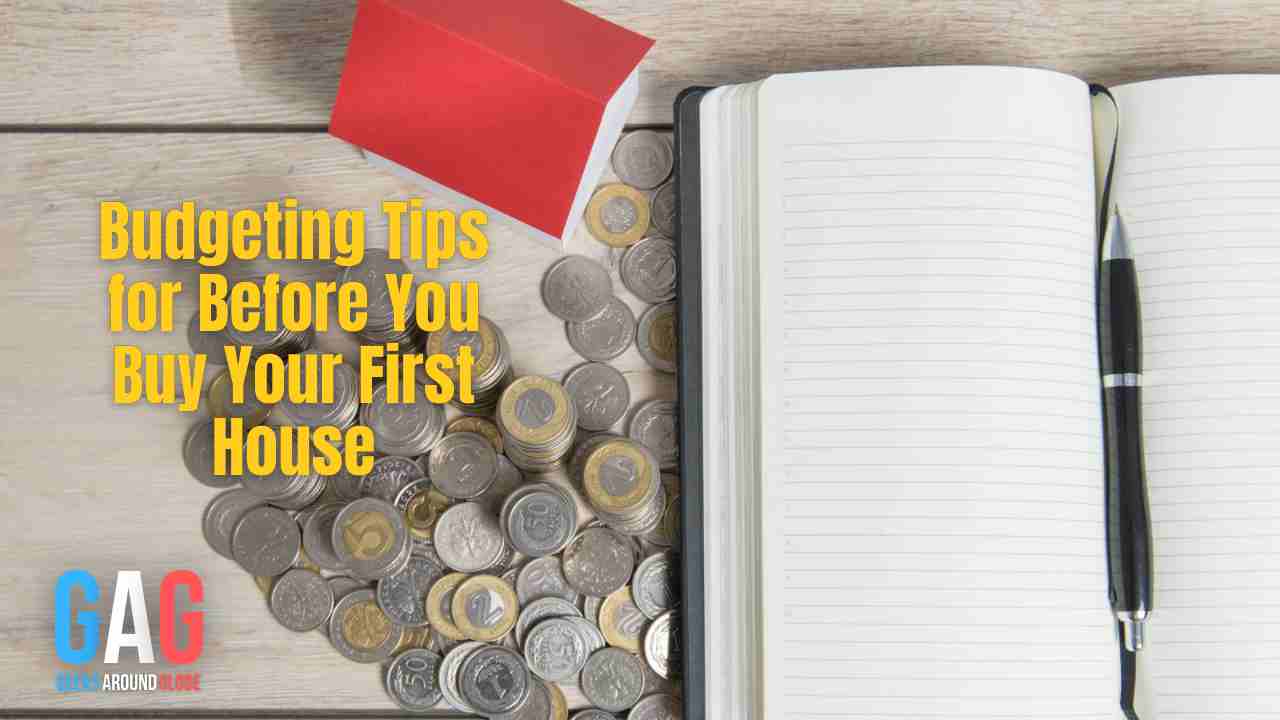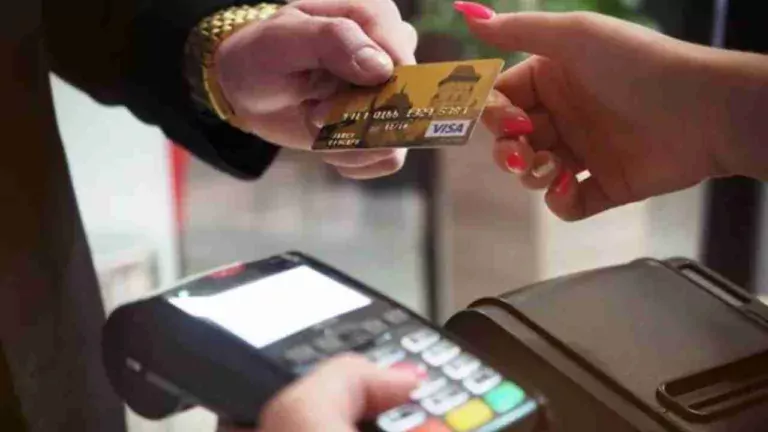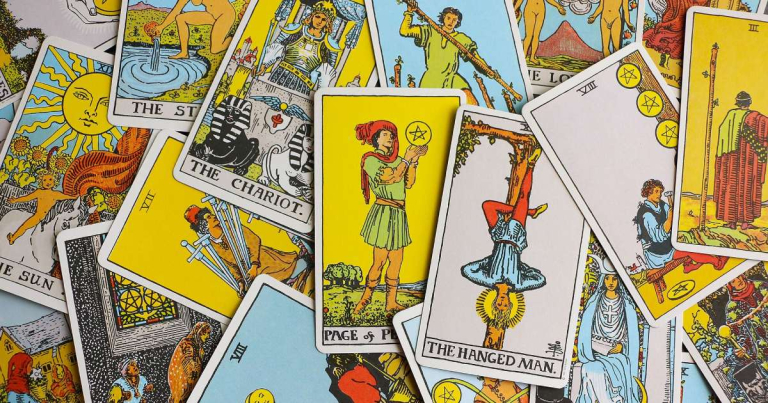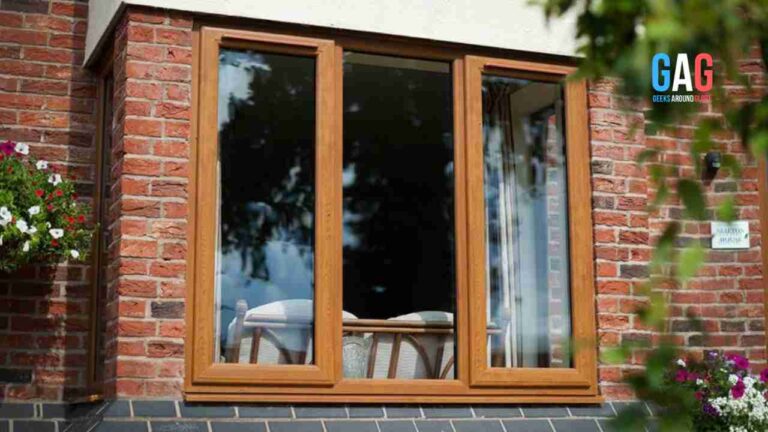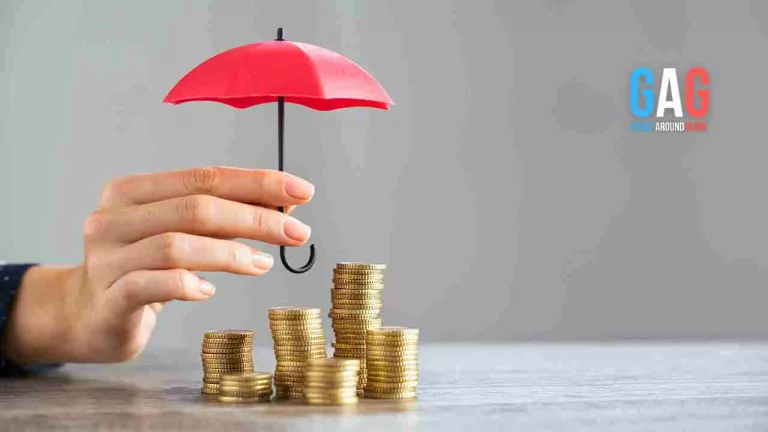Following a volatile couple of years, house prices are finally starting to stabilize. Therefore, 2022 is an ideal time to take the plunge and finally buy your first home. It can be an intimidating process, though, and you may not know where to begin when it comes to setting out a budget.
Read on to learn our most useful tips for budgeting before you buy your first house, and you’ll have your deposit saved up in no time, as well as plenty left over for emergency expenses.
How Much Should I Save Before Buying a House?
Your biggest priority should be saving enough for a deposit. You’ll generally need to put down at least 5% of the property’s value; however, the larger your deposit, the better your mortgage rate will be.
If you already have your deposit saved, don’t relax too much. There are many unexpected costs that can come with purchasing a house, including:
- Cosmetic repairs/home improvements
- Home insurance
- Solicitor/conveyancing fees
A good rule of thumb is that you should have at least six months of emergency savings, and more if you can afford it.
Thankfully, you don’t have to worry about all of this on your own. Using an online mortgage broker such as Trussle will take a lot of the stress off your shoulders since, no matter your budget, they will liaise directly with lenders to get you the best mortgage deal possible. Additionally, their mortgage calculator will let you easily figure out how much of a deposit you can afford, and you’ll save some costs since they offer fee-free advice.
How to Save Before Buying a House
It’s no secret that buying a house is expensive, but you can start making small changes now that will help your wallet further down the line. Firstly, you’ll need to consider how buying a house will impact your monthly budget. Most people use a budget that accounts for essentials (like food and bills), savings, and leisure money.
The best thing to do is open up a savings account specifically for your house deposit, and don’t use this money for anything else. Understandably, this isn’t easy for everyone. If your budget is tight, you need to sit down and figure out what expenses can be reduced or cut altogether. Maybe you go out to eat at an expensive restaurant every Saturday or pay for a Netflix subscription that you never use. Cutting out these seemingly small expenses can make a big difference.
Additionally, paying off any debts in your name (if you can) will boost your credit score, therefore increasing your chance of getting a good mortgage deal. It may seem counterintuitive to pay off debts as a means of “saving” but ultimately, it’s a wise decision that will benefit you in the long run.
Overall, buying a house will be one of the most significant financial decisions you ever make. Thinking ahead and saving up early will make the process a lot easier so that you’ll be moving into your very own home in no time.

